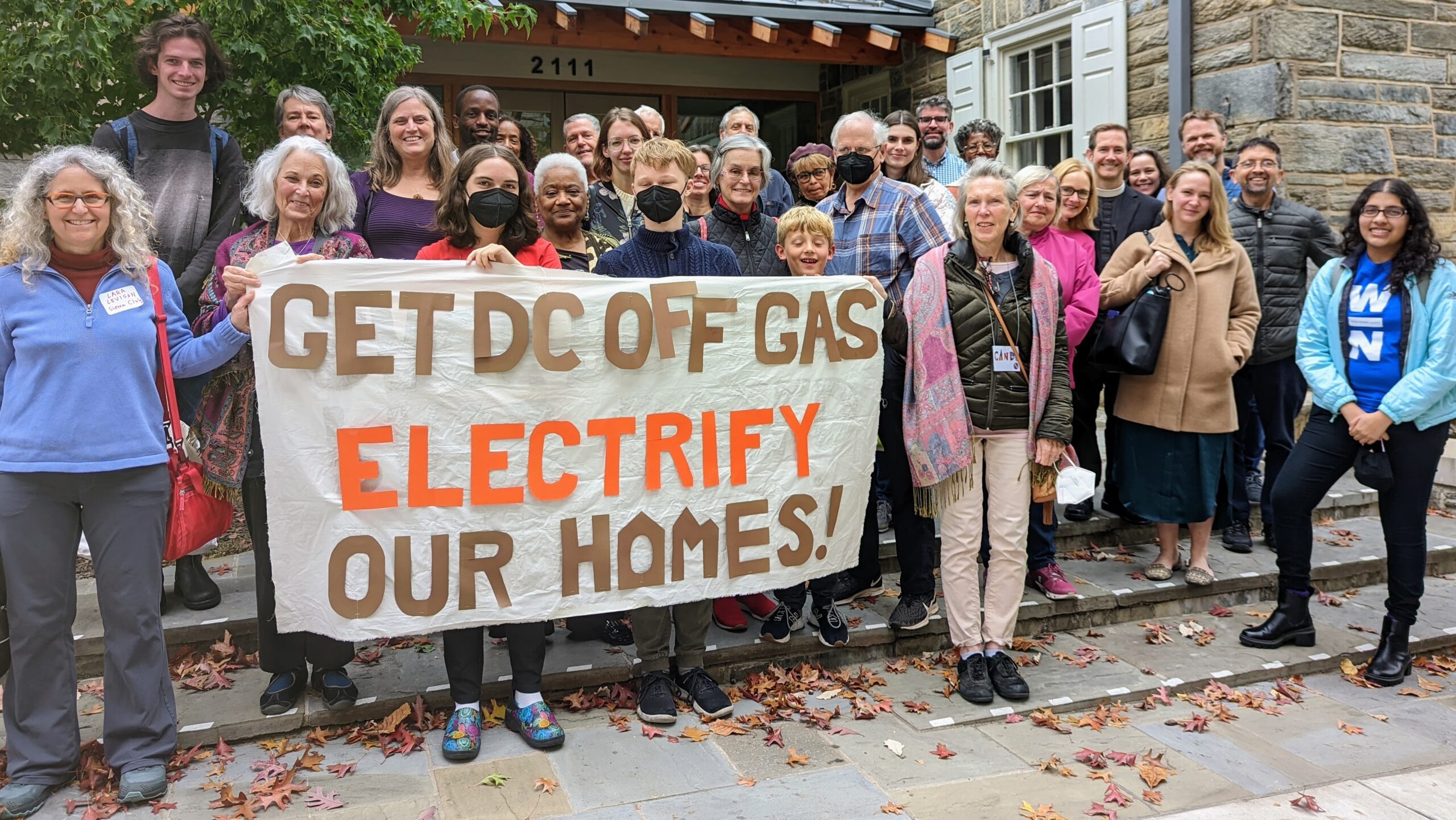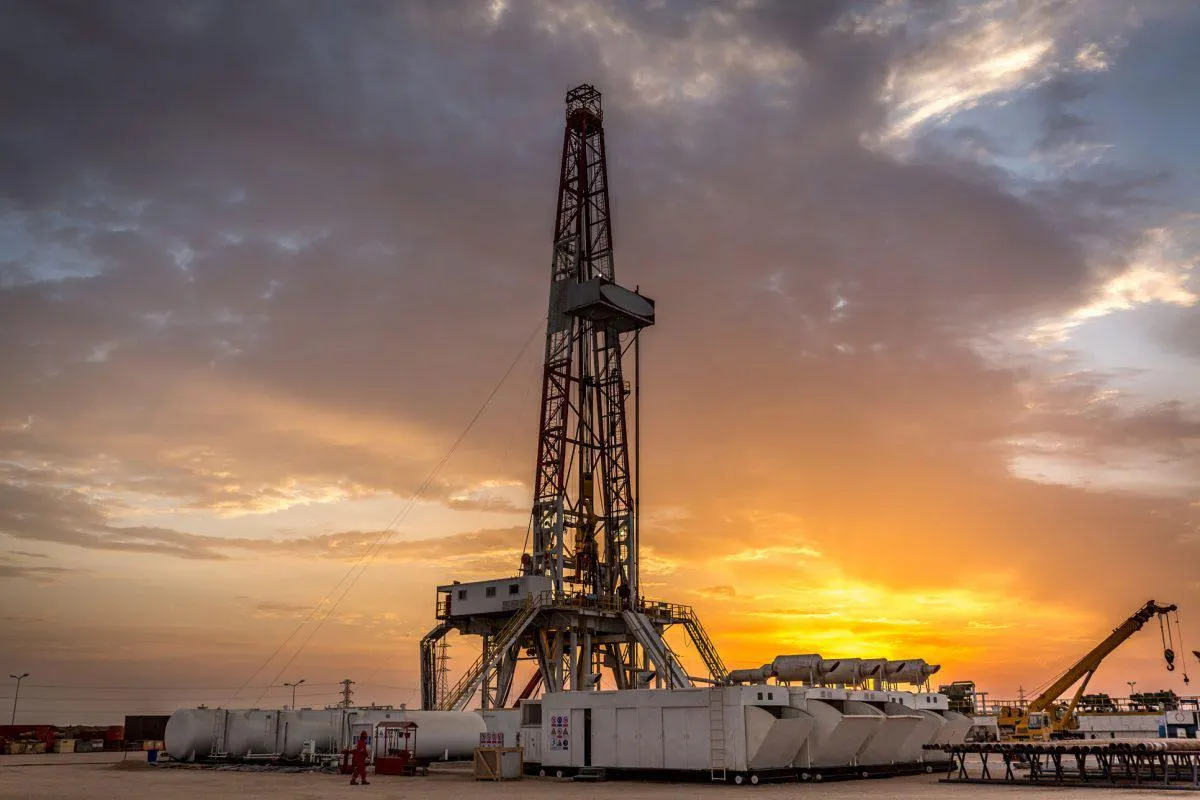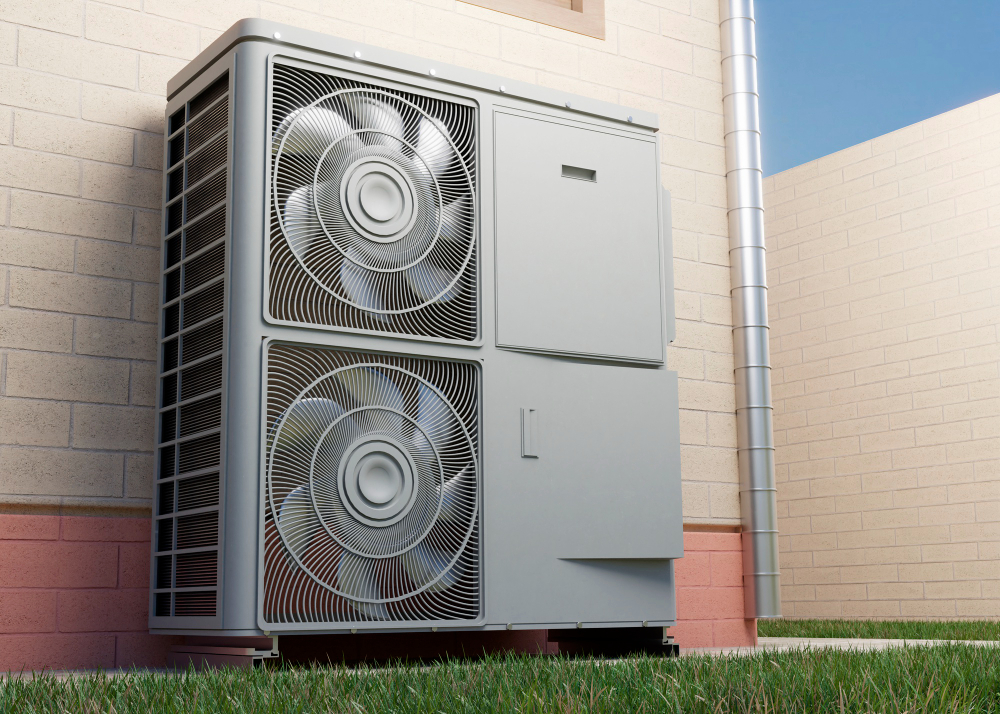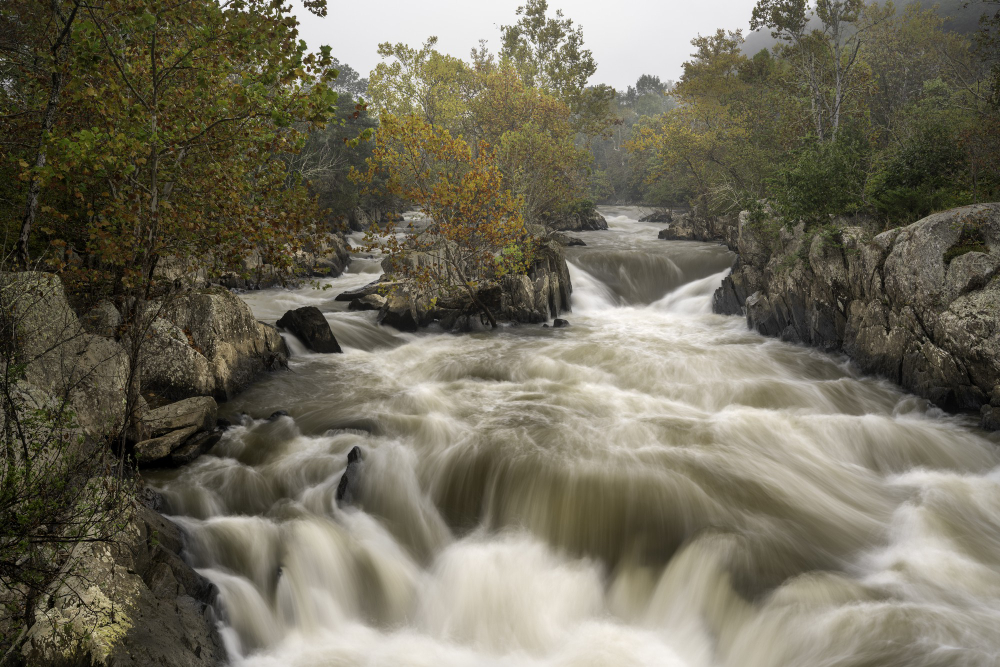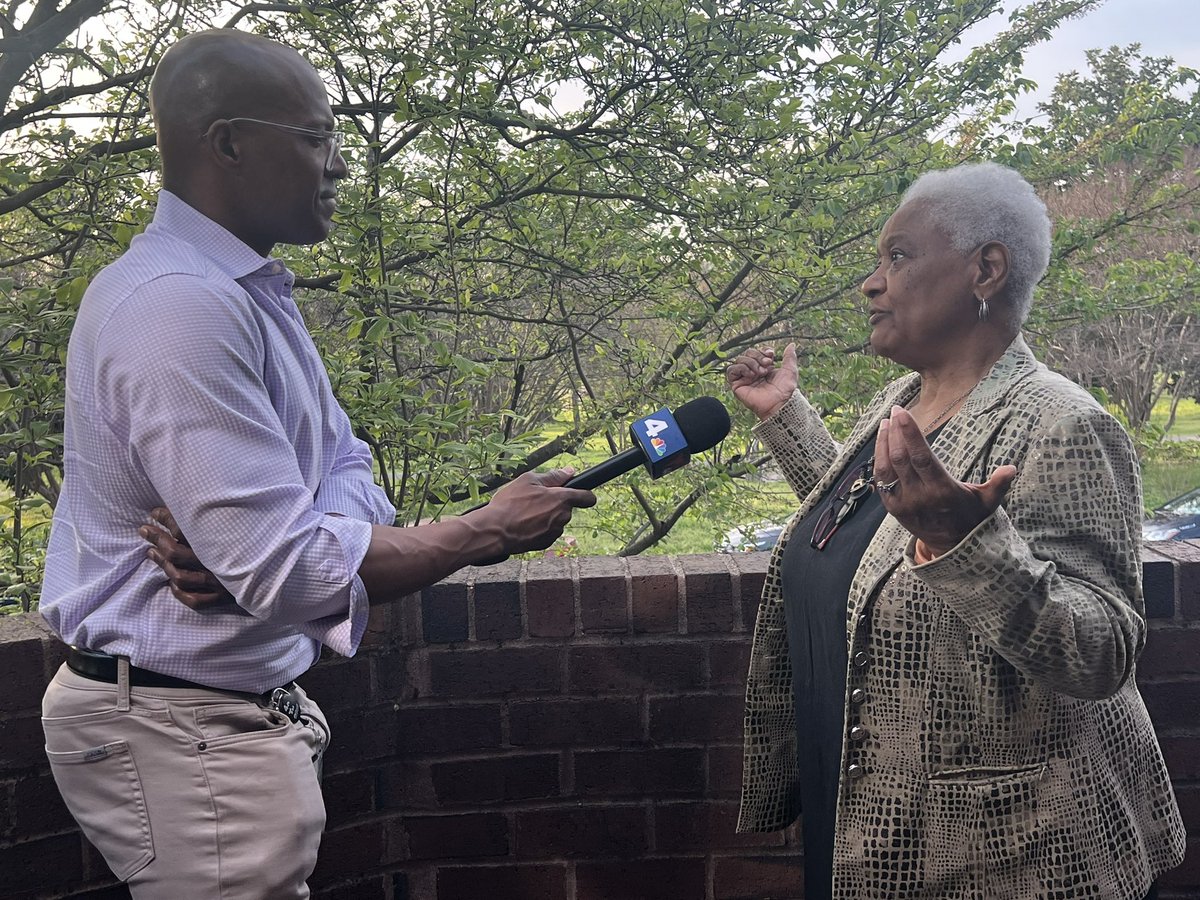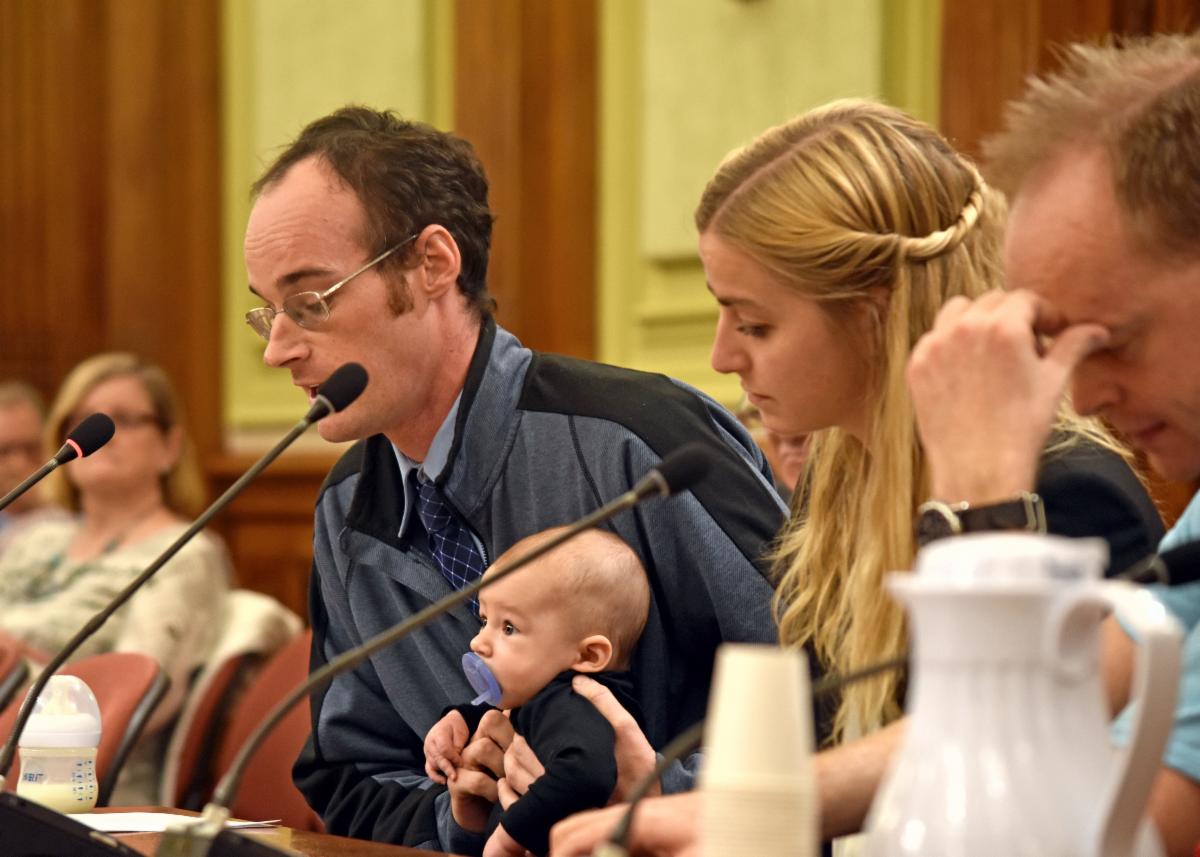The Honorable Muriel Bowser
Mayor of the District of Columbia
1350 Pennsylvania Avenue NW
Washington, DC 20004
Dear Mayor Bowser,
We are writing to raise a number of concerns about the recent decision by the DC Zoning Commission to approve the installation of a gas boiler at a newly constructed DC Archives building on the University of the District of Columbia campus. Not only is this plan in violation of DC law, it directly undermines the District’s commitments to build a healthier, more sustainable future for its residents.
Addressing the climate crisis is one of the most important challenges facing the District of Columbia, threatening the health and financial stability of residents across the District. This summer, DC experienced several days of dangerous air quality and particulate matter pollution from wildfire smoke that had traveled from hundreds of Canadian wildfires. This air quality crisis was the first time DC had ever recorded a Code Purple for particulate matter, hobbling city services and forcing residents to avoid outdoor activity. This crisis came amid the hottest year on record, exposing more residents to the health hazards of extreme heat and forcing residents to rely on expensive, inadequate cooling. In fact, by 2060, DC is expected to see 53 days over 90 degrees F, a 76% increase from today.
We greatly appreciate your public recognition of the importance of addressing the climate crisis head on. You have signed robust climate legislation, such as the Clean Energy DC Omnibus Act of 2018, the Clean Energy DC Codes Act of 2022, the Climate Commitment Act of 2022, and the Greener Government Buildings Act of 2022. The Clean Energy DC plan makes strong commitments to reduce climate pollution and transition off fossil fuels. Most recently, while at the COP28 climate summit in the United Arab Emirates, you unveiled the Carbon Free DC plan, stressing the importance of making the right investments today to build a healthier, more sustainable future. It’s an ambitious plan to upgrade homes and buildings across DC with clean energy, an important goal since buildings are responsible for almost 75% of DC’s climate pollution. Carbon Free DC calls for ending fossil fuel combustion in newly constructed buildings and for transitioning 90% of buildings off fossil fuels by 2040. But some of your appointees have actively undermined your climate commitments, fighting to keep DC buildings hooked on fossil fuels. The Zoning Commission’s recent approval of a new fossil fuel burning building on the UDC campus would continue this troubling pattern, contradicting your public commitments to robust climate action.
Approving plans to install fossil fuel burning heating equipment at the renovation of the DC Archives building would set a dangerous precedent at a time when the District should be leading by example. The Greener Government Buildings Act mandates that all new and substantially renovated DC government buildings be compliant with a net zero energy standard by using highly efficient all-electric heating and cooling systems, such as heat pumps, in favor of fossil fuel burning alternatives. The Zoning Commission voted to approve the renovation of the facility on the UDC campus on October 26, 2023, after the Greener Government Buildings Act went into effect on October 1. Not only does this action directly violate DC law, it favors the status quo at a time when DC should be leading by example and helping to spur the market for highly efficient clean heating and cooling alternatives. The continued spending on fossil fuel projects also further entrenches the continued use of the aging and expensive methane gas distribution system at a time when the District must instead work to gradually transition toward clean energy.
Burning fossil fuels in buildings is a major source of health harming pollution. In DC, half of all households rely on methane gas for heating and cooking, exposing residents to harmful air pollution that has been attributed to respiratory illness. Inside homes, gas equipment emits nitrogen dioxide, a harmful air pollutant that can exacerbate chronic health conditions, as well as benzene, a carcinogen, at levels higher than secondhand smoke. When vented outdoors, heating equipment such as gas furnaces, boilers, and water heaters emit nitrogen oxides (NOx), a family of poisonous, highly reactive gases that directly contribute to the formation of ozone, which causes smog. Ozone pollution, which can harm our health both in the short and long term, is attributed to up to 11% of all emergency room visits for asthma. In DC, which has the highest asthma prevalence of any U.S. city and more than 70% of children in DC with asthma are Black. Addressing this major source of pollution is essential to reducing health disparities and delivering cleaner air across the District.
Beyond the health hazards of continuing to burn fossil fuels in our homes and buildings, DC’s gas system is driving an affordability crisis. DC is already one of the most expensive cities in the nation, with housing related expenses 2.5 times higher than the national average. Yet amid this affordability crisis, Washington Gas seeks to pour billions of dollars into its pipeline replacement project, costing $4.5 billion and up to $14 billion once all the debt servicing the project is paid off. Not only has Washington Gas failed to measurably reduce methane leaks from its system since Project Pipes began, the utility continues to pass on the cost to gas customers through the form of increasingly higher bills, driving up the cost of living further and pushing out residents. Gas customers could see their bills rise 20% thanks to the gas utility’s highest rate increase request on record.
Thankfully, we have better and more efficient alternatives that can deliver cleaner air and stabilize energy bills. As highlighted in the Carbon Free DC plan, “electric heat pumps can deliver heating and cooling with zero on-site pollution, keeping indoor air healthier to breathe.” Not only are these two-in-one heating and cooling systems better for our health, they can lower energy bills thanks to their high efficiency. In fact, heat pumps use 29% less electricity on average compared to the best performing central air conditioning system. Even amid the depths of DC’s winter weather, heat pumps remain two to three times more efficient than gas alternatives. Amid this wealth of evidence, it’s troubling to see the DC government move forward with shortsighted plans to burden the new Archives building with inefficient, unhealthy, and polluting fossil fuel burning heating equipment that “will eventually need to be replaced with all-electric systems that can run on energy generated by renewable sources, such as solar and wind,” as stated in the Carbon Free DC plan.
DC residents have long awaited a renovated Archives building that centralizes our shared community resources and history. Yet using this long-anticipated project as a vessel to continue to install polluting, inefficient, and expensive fossil fuel heating equipment will not only delay our climate commitments, but continue to exacerbate the health and economic threats of DC’s gas system. Instead, DC must lead by example and choose public health and a liveable future over fossil fuels by updating the plans for the DC Archives building to adopt highly efficient, pollution-free heat pumps. In doing so, we can take a step forward, not backward, toward a clean energy future where all can thrive.
Sincerely,
Anacostia Parks & Community Collaborative
Center for Biological Diversity
Chesapeake Climate Action Network
Citizens Climate Lobby – DC Chapter
DC Climate Action
DC Environmental Network
DC Voters for Animals
Friends Meeting of Washington Committee on Peace & Social Concerns
Interfaith Power & Light (DC.MD.NoVA)
League of Women Voters of the District of Columbia
NAACP DC Branch
Sierra Club
Sunrise DC
Third Act DC
Ward 3 Democrats
Washington Interfaith Network
CC: Delano Hunter, Director, Department of General Services
Richard Jackson, Director, Department of Energy and Environment

